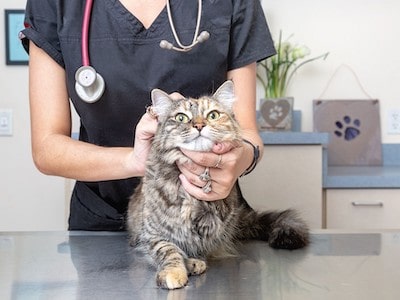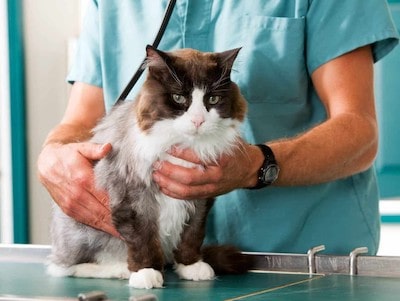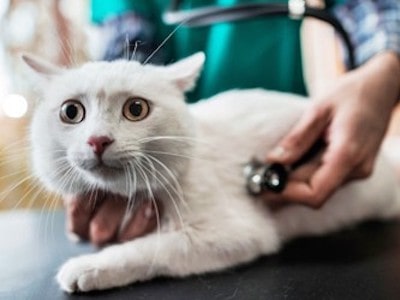COVID-19 has affected millions of people around the world, and now there is evidence that pets can also be infected by the virus and its variants.
Recently, two reports have found the first evidence that dogs and cats can become infected by B.1.1.7, a recent variant of the pandemic coronavirus that transmits more readily between people and also appears more lethal in them.
Contents
What is B.1.1.7 Variant and its Impact on Pets?
B.1.1.7 is a variant of the SARS-CoV-2 virus that was first identified in the United Kingdom and is known for its increased transmissibility and potentially higher lethality in humans.

Recent reports suggest that B.1.1.7 can also infect dogs and cats, marking the first time one of the major variants of concern has been seen outside of humans.
The impact of B.1.1.7 and other variants on pets has been unclear until recently, as only a handful of pets have tested positive for the original SARS-CoV-2, likely because they are not typically tested.
Impact of B.1.1.7 Variant on Pets
Recent studies have found the first evidence that B.1.1.7 can infect pets, with dogs and cats suffering from myocarditis, an inflammation of the heart tissue that can cause heart failure in serious cases.
While there is no conclusive evidence linking B.1.1.7 to the myocarditis in pets, there is a correlation between the two.
Scientists have analyzed pets admitted to a veterinary hospital in London, with a sharp uptick in the number of dogs and cats presenting with myocarditis coinciding with the surge of B.1.1.7 in the UK.

All 11 animals analyzed in the study had come down with symptoms ranging from lethargy to rapid breathing and fainting, with lab tests revealing cardiac abnormalities, including irregular heartbeats and fluid in the lungs.
Seven of the animals got polymerase chain reaction (PCR) tests, and three came back positive for SARS-CoV-2, all with the B.1.1.7 variant.
Researchers at Texas A&M University have also detected the B.1.1.7 variant in a cat and a dog from the same home in Texas, with the pets showing no symptoms at the time of testing but both beginning to sneeze several weeks later.
All of the US and UK animals have since recovered, though one of the UK cats relapsed and had to be euthanized.
Are Pets a Source of Infection?
Infectious disease experts say that companion animals are likely playing little, if any, role in spreading the coronavirus to people, and the risk of pets being a source of infection remains very low.

There is no evidence that pets were sick because of the virus, and it is more likely that if a pet has the virus, they got it from their owner. However, scientists and veterinarians should do studies on what role, if any, SARS-CoV-2 and its variants play in myocarditis among pets.
There is evidence that the virus can cause the condition in people, so it’s worth exploring in companion animals. It might be real, but there’s no reason for people to freak out right now.
Final Words
Scientists and veterinarians should do studies on what role, if any, SARS-CoV-2 and its variants play in myocarditis among pets. Although it’s an interesting hypothesis, there’s no reason for people to freak out right now.
The risk of pets being a source of infection remains very low. However, pet owners should still take precautions to protect themselves and their pets, such as wearing masks, washing hands frequently, and practicing social distancing.
Charlene Pare is the founder of Cat Likes Best. She manages and strategizes the content published on this website. When she isn’t working, she enjoys exploring the city around with her Ameican Shorthair kitty–Moli. Being a technocrat and an avid cat lover, she also writes on pet tech products and some of the featured articles.





